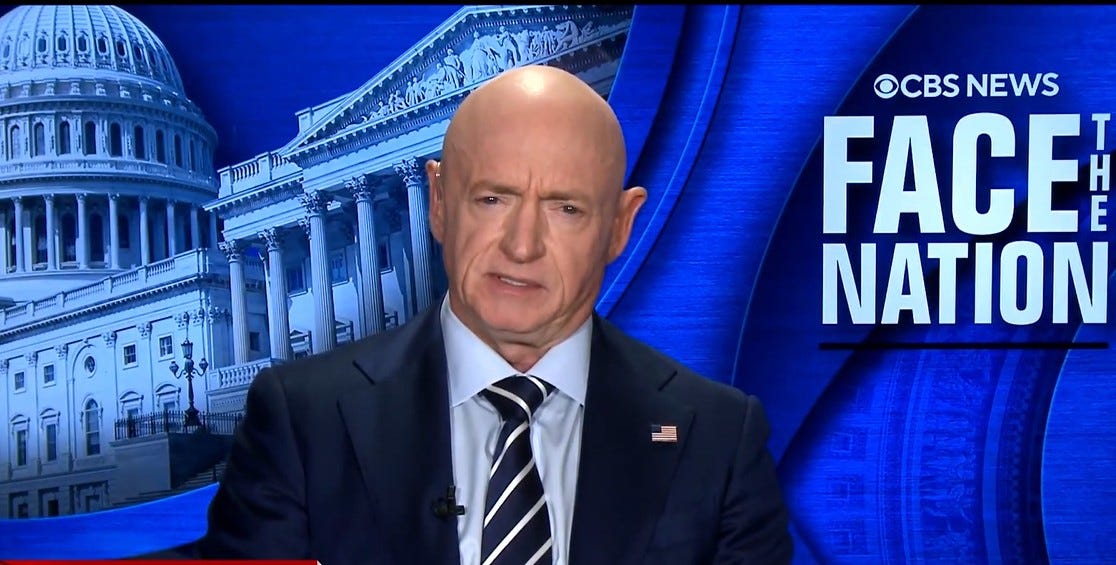A reckoning is underway for the Chicago Teachers Union. After years of operating with limited scrutiny, a Congressional Committee is now demanding long-overdue financial audits – audits the union has failed to produce since 2020.
The pressure intensified with a stark deadline: December 8th. The committee isn’t simply requesting the documents; they’re questioning what the union has been concealing and whether its actions warrant a fundamental overhaul of federal reporting requirements.
This isn’t just about missing paperwork. The committee’s letter explicitly points to “failures” in providing complete financial transparency, raising concerns about protecting the rights of union members themselves. A potential strengthening of the Labor-Management Reporting and Disclosure Act (LMRDA) is now on the table.

Critics argue this scrutiny is long overdue. Analysis of the union’s own filings reveals a striking allocation of resources. In the most recent fiscal year, a mere 17.7% of spending was dedicated to “representational activities” – the core function of advocating for teachers.
The remaining funds appear to have been directed elsewhere, fueling questions about the union’s priorities. This shift in focus became particularly apparent in 2024, when the CTU publicly demanded an unprecedented $50 billion in additional funding.
That massive request included a 9% wage increase, coverage for abortion services, extensive new programs for migrants, and a wide range of mandates related to LGBTQ+ initiatives. The scale of the demands raised eyebrows and intensified calls for greater accountability.
The implications extend far beyond Chicago. The committee suggests the CTU’s conduct could serve as a catalyst for broader reforms, bringing increased transparency to union spending nationwide. This could reshape how all unions operate and report their finances.
The demand for audits isn’t simply a procedural matter; it’s a challenge to the union’s long-held autonomy. It’s a moment that could redefine the relationship between unions, their members, and the federal government.




